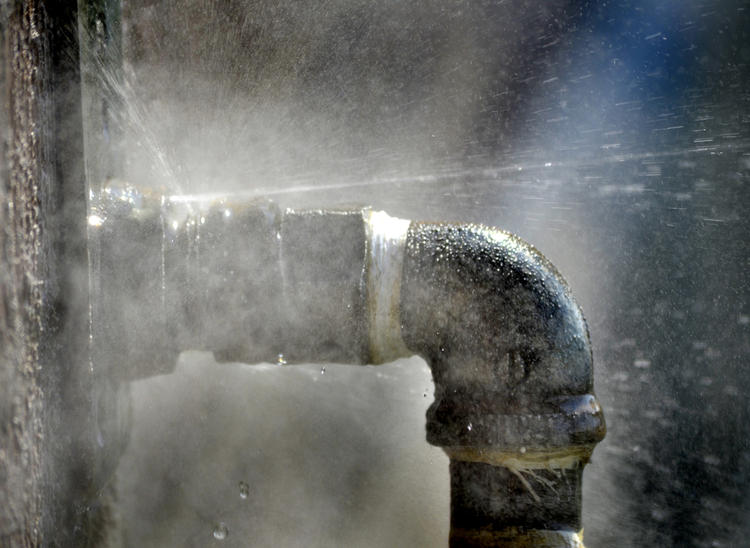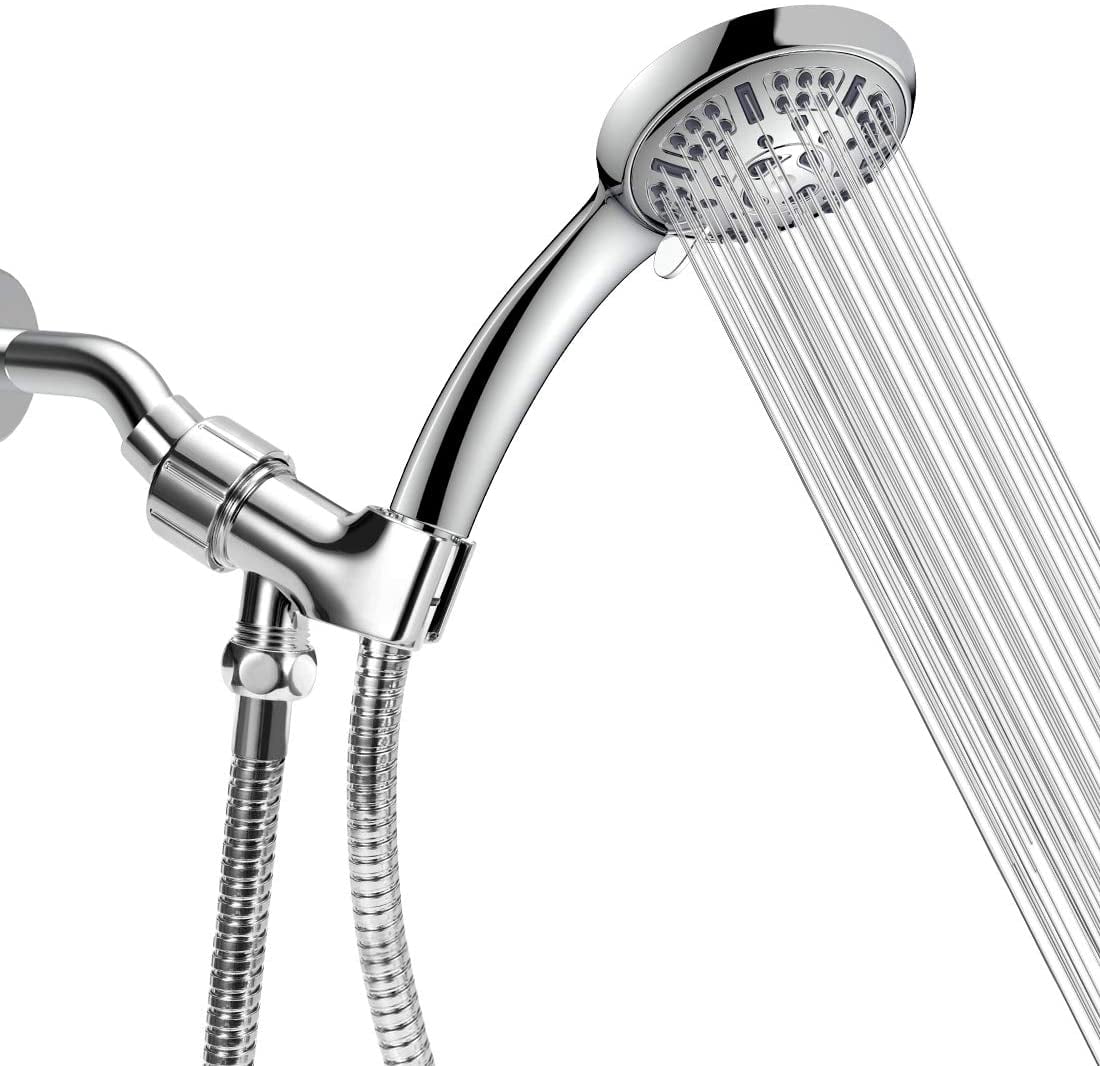Top 5 Reasons Behind Water Leaks
Click HereWe have stumbled upon this article on How to Find and Prevent Water Leaks in Your Home down the page on the web and felt it made perfect sense to share it with you on this site.

"Be cautious of little costs. A small leak will sink a terrific ship." - Benjamin Franklin.
He could not have actually been much more appropriate since water leakages in our residences result in a waste of sources, boosting our water costs. Although this increase might seem minimal at first, it can bring about considerable costs that can break your financial institution. Other than an increase in costs, water leakages additionally trigger unwanted organic growth, structural damages, and also electric dangers.
Determining if you have a water leak isn't constantly easy because of being not able to see a lot of the pipework in your house. Nonetheless, If you have had a boost in your water expenses recently, discovered water discolorations on ceilings and also walls, scented poor odor, etc. You could intend to think about requesting plumbing solutions to get it looked into.
There are a number of causes of water leaks, and also we have actually assembled the usual factors below. Inspect to see if you have actually had relevant issues in your home recently.
Blocked drains pipes
Food bits, dust, and grease can trigger blocked drains and block the flow of water in and out of your sink. Increased pressure within the gutters can end as well as create an overflow up splitting or rupturing pipes if undealt with. To prevent clogged up drains pipes in your house, we recommend you to stay clear of pouring bits away and routine cleansing of sinks.
High water pressure
You discovered your home water pressure is more than usual but after that, why should you care? It's out of your control.
It would certainly be best if you cared due to the fact that your typical water pressure ought to be 60 Psi (per square inch) and although your residence's plumbing system is designed to stand up to 80 Psi. An increase in water pressure can put a pressure on your house pipelines and also cause cracks, or worse, ruptured pipes. If you ever notice that your residence water stress is higher than common, contact an expert concerning controling it.
Rust
As your pipework grows older, it gets weaker as well as a lot more vulnerable to rust after the regular flow of water through them, which can eat away at pipelines and also trigger cracks. A noticeable indicator of rust in your house plumbing system is discoloration and also although this may be hard to spot as a result of the majority of pipes hidden away. We advise doing a constant appointment every couple of years as well as change pipelines once they are old to guarantee an audio plumbing system
Weakened pipe joints
Pipeline joints are the parts of our plumbing system where the pipes attach. It is important to note that even though pipelines are made to withstand pressure and also last for a while, they weren't made to last for life; consequently, they would deteriorate over time. A common indicator of damaged pipeline joints is excessive sound from taps.
Damaged seals
An additional root cause of water leaks in residences is broken seals of house devices that use water, e.g., a dish washer. When such appliances are mounted, seals are set up around water adapters for easy passage of water with the maker. A broken seal can trigger leakage of water when in use.
With little or no understanding of plumbing, comprehending your house's plumbing system adequate to repair a few of these problems (without consequence) can be a hassle. Connect with plumbing professionals in Pittsburgh, Providence, Rochester, and environ today, and they'll make those issues go away.
He could not have been more right since water leakages in our houses result in a waste of resources, raising our water expenses. If you have had an increase in your water costs lately, saw water discolorations on walls and also ceilings, smelt lousy odor, etc. A boost in water stress can put a strain on your house pipes and lead to cracks, or worse, burst pipes. An additional reason of water leaks in residences is broken seals of residence appliances that make use of water, e.g., a dish washer. When such devices are mounted, seals are set up around water ports for simple flow of water with the machine.
5 TIPS IN DETECTING A WATER LEAK IN YOUR HOUSE
Water leaks can be hard to find in your home, yet they can be so common. We rely on water every day in our home, which is why a leak can cause big problems. By detecting them early, you can save money and further damage, getting the problem fixed as soon as possible. Here are 5 tips to help you detect a water leak in your home, so you can contact a plumber straight away and get the issue sorted.
Check your water meter
Many people underestimate the value of the water meter in their home. It can be one of the best ways to tell if you have a leak early on, so you can get on top of it before issues start arising. Start by turning off all the water in your home: taps, washing machine, dishwasher, etc. Now take a look at the meter – if it’s still changing with everything turned off, it’s likely you have a fast-flowing leak that you need to get on top of straight away. If nothing changes, then leave your meter for an hour or two and come back to it. Did it change in this time? It’s likely you have a slower leak, which isn’t as urgent but still handy to get fixed so it doesn’t become a bigger problem.
Keep an eye on your bill
Another good way to detect a leak in your home is by keeping an eye on your water bill. It helps if you have a past bill from the same period of time. You can compare like for like and determine whether your water usage has increased significantly. If it has, there may be a leak in your system that you haven’t picked up before. A professional plumber can check through all of your pipes and determine where it is coming from.
Look for damage
If you have a leak inside your home, you will notice damage over time. Take a look at your showers and bathtubs and note whether any of the tiles surrounding the area seem to be discoloured or damaged in any way. There may be water stains, mould or peeling material that has resulted from a build up of moisture over time. Make sure you take a look under sinks at the back of cupboards that don’t get accessed regularly. This is where damage can go unnoticed and build up over periods of time.

I stumbled upon that blog entry about Where to Find Water Leaks when looking around the web. Remember to set aside a second to share this write-up if you liked it. Thanks for your time spent reading it.
Pro assistance? Dial.